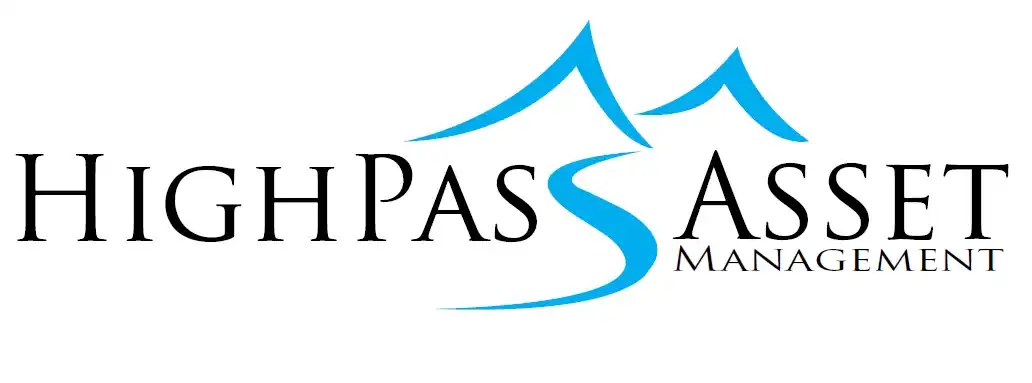Investors looking for safety often put their money into certificates of deposit, aka CDs. But many of them would be better off if they purchased T-bills instead of CDs. In this article we will compare T-bills to CDs across three categories; taxes, fees and risk.
Taxes on CDs and T-bills
Unless you live in a state with no income tax, if you own CDs in an after-tax account, you will be responsible for paying ordinary income tax at both the Federal and State level on any interest you earn from a CD. When you buy T-bills, however, you are only responsible for paying income tax at the Federal level. T-bill interest is state tax exempt.
In the table below, a person who lives in a state with an income tax rate of 6%, would pay $3,000 more in taxes on $50,000 of CD interest vs $50,000 of T-bill interest. All other things equal, T-bills will put more money in your pocket if you live in a state with an income tax.

Fees on CDs and T-bills
Over the last 25+ years of working as a financial advisor, I have met with over 300 wealthy families. I have seen dozens of situations where investors were sold CDs by a stockbroker using his series 7 license to sell CDs with hidden commissions. Generally, the investor would have been better off in T-bills both from a yield and tax perspective. But the commissions on CDs are much higher than on T-bills. Consequently, brokers like to sell CDs to their customers because the broker can get paid more. The next time a broker tries to sell you a CD, you need to ask, “is this in my best interest?” “How do CDs compare to T-bills, and which one would be better for me when analyzing my tax situation?” For investors who manage their own funds, you should know that T-bills can be purchased with no fees or commissions if you buy them from Treasury Direct.
Risk
FDIC insurance on CDs gives a sense of comfort to CD investors. CDs are certainly low risk investments. When you buy a CD, you are loaning your money to a bank. When you buy a T-bill, you are loaning your money to the Federal Government. Which do you feel more comfortable with? In a doomsday scenario, with banks failing and FDIC running out of money, where would you be more likely to receive at least some of your money back? A failed bank or the Federal Government? The government has the unique ability to print money and raise taxes. I perceive T-bills to be less risky than CDs.
Ethan S. Braid, CFA
President
HighPass Asset Management
Denver, CO

